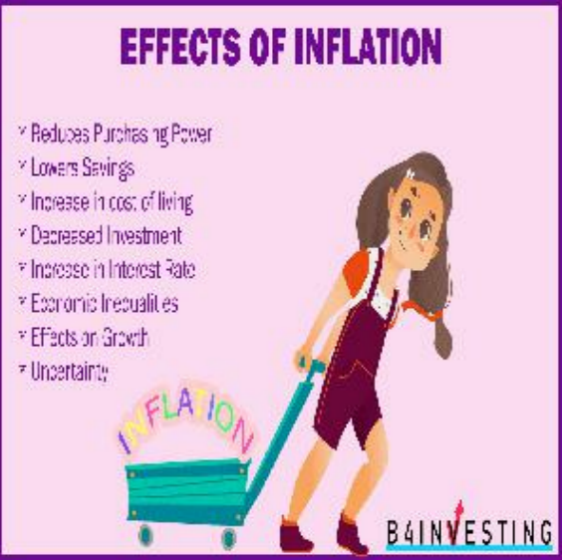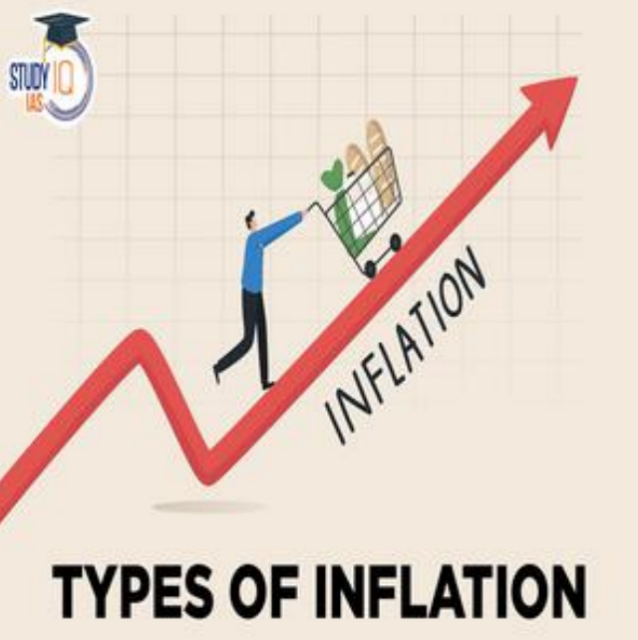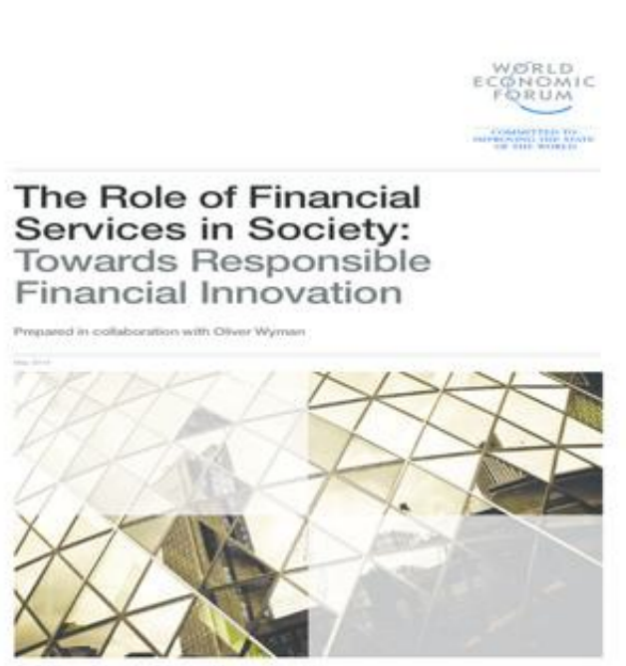As inflation continues to climb, many worry about the diminishing value of their money. For those who spend a lot and have significant wealth, this issue is not merely academic; it requires thoughtful adjustments in financial planning. There are more complex factors at play and advanced approaches to tackle the challenges of this economic environment, beyond the typical conversation.

The Nuanced Reality of Inflation's Bite
Not all types of wealth are affected by inflation in the same way. For example, while cash saved in low-interest accounts loses value quickly, some assets can provide protection. Property prices, particularly in sought-after locations, frequently rise in value when inflation occurs. Properties in major cities like New York, London, or Hong Kong usually hold their worth or even rise in price, as inflation boosts construction expenses and demand for limited land. Wealthy individuals owning such properties may observe that their overall financial standing stays strong, challenging the idea that all money is losing value uniformly.

Additionally, inflation can open up new prospects in the financial world. For many years, people have viewed commodities, especially valuable metals such as gold and silver, as protections against inflation.When inflation rises sharply, many investors turn to these commodities, resulting in higher prices. Wealthy investors may want to consider investing in alternative commodities like rare earth metals, which are vital for emerging technologies. By wisely investing part of their portfolio in these assets, they can not only protect their wealth but also possibly experience considerable profits.
Strategic Asset Allocation in Inflationary Times
Individuals with substantial spending habits ought to reconsider how they allocate their assets. Portfolios that rely heavily on fixed-income investments like bonds may face challenges as inflation diminishes the actual value of future cash flows. Therefore, a better approach might be to increase investment in stocks, especially those belonging to companies with significant pricing power. Businesses in industries such as consumer goods, energy, and healthcare frequently manage to pass higher costs onto consumers, which helps maintain their profit margins and supports their stock prices.There are also prospects in private equity and venture capital investments. In times of inflation, firms with creative business models that adapt well to shifting economic landscapes can flourish. Wealthy investors have the chance to support these businesses in their early phases, potentially seeing substantial gains as they expand and capture market share. Furthermore, investing in infrastructure—like toll roads, airports, and utility companies—can be appealing. These types of investments usually produce consistent cash flows that can be adjusted for inflation as time goes on.
Rethinking Consumption and Wealth Preservation
Rethinking how we consume is essential due to inflation. For those who spend freely, investing in durable luxury items can help protect their wealth. Collectibles, vintage cars, and quality artwork often gain value over time, serving as reliable investments. By choosing to spend on these tangible items rather than fleeting luxurious experiences, people can both enjoy their acquisitions and shield their finances from inflation.
Additionally, it's wise to use debt wisely. In a time of inflation, the actual value of borrowed money diminishes. Wealthy individuals with low-interest loans can take advantage of this, repaying their debts with money that loses value in the future. Yet, this approach demands careful evaluation to keep the debt manageable and avoid financial strain.
The Role of Financial Innovation
The financial sector has introduced a variety of new products to address inflation. For instance, bonds linked to inflation modify their principal and interest payments depending on changes in the consumer price index. Wealthy investors can add these bonds to their portfolios to guard against inflation while still receiving returns. Moreover, exchange-traded funds (ETFs) that focus on sectors or commodities resistant to inflation provide an easy method to invest in assets that can help offset inflation.

To sum up, even though inflation creates difficulties, it doesn’t necessarily mean that wealthy individuals are permanently losing money's value. By grasping the details of inflation, carefully adjusting their asset allocations, reconsidering their spending habits, and utilizing financial innovations, well-off investors can not only safeguard their wealth but also discover potential growth opportunities in an inflationary landscape.




